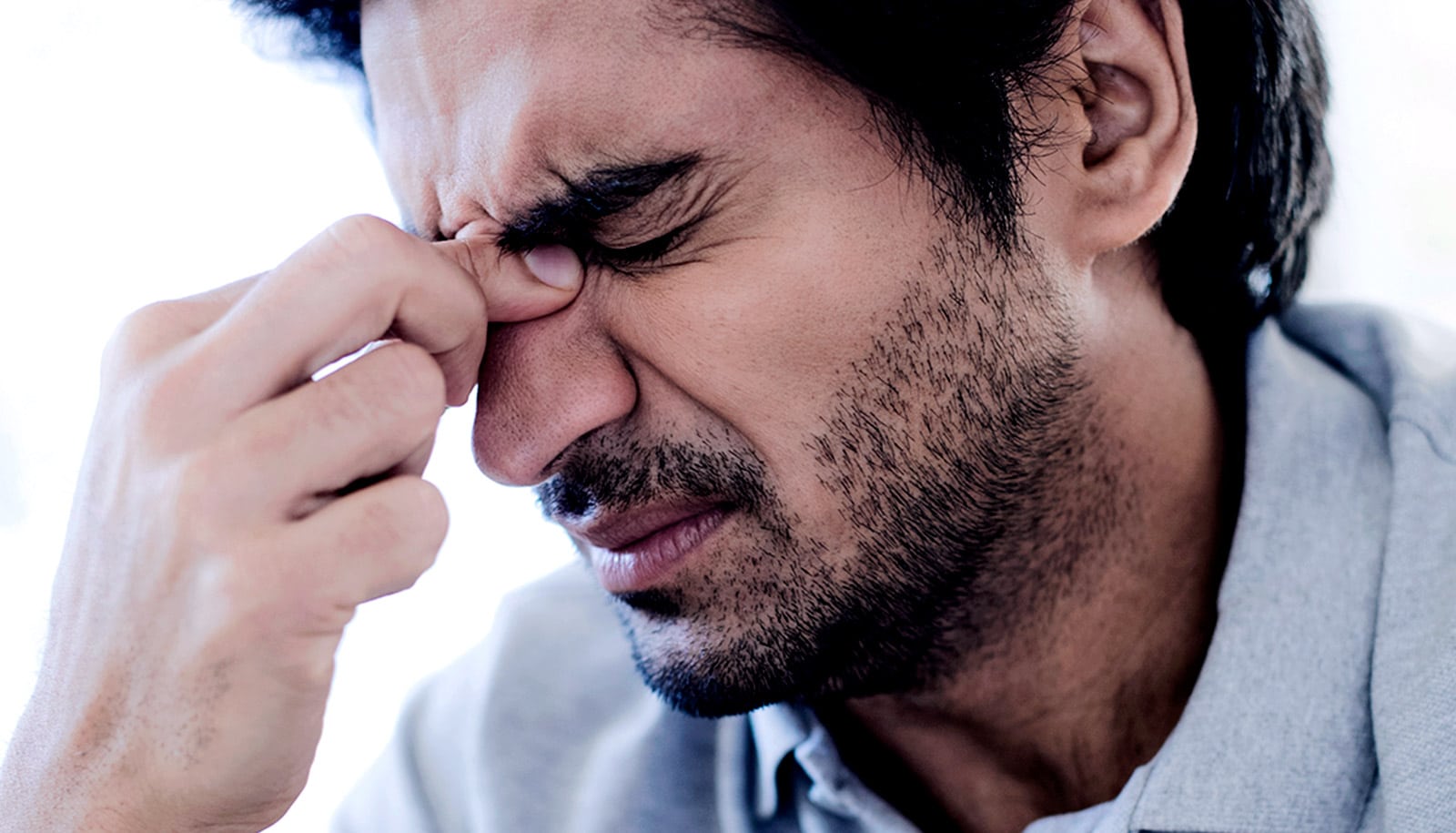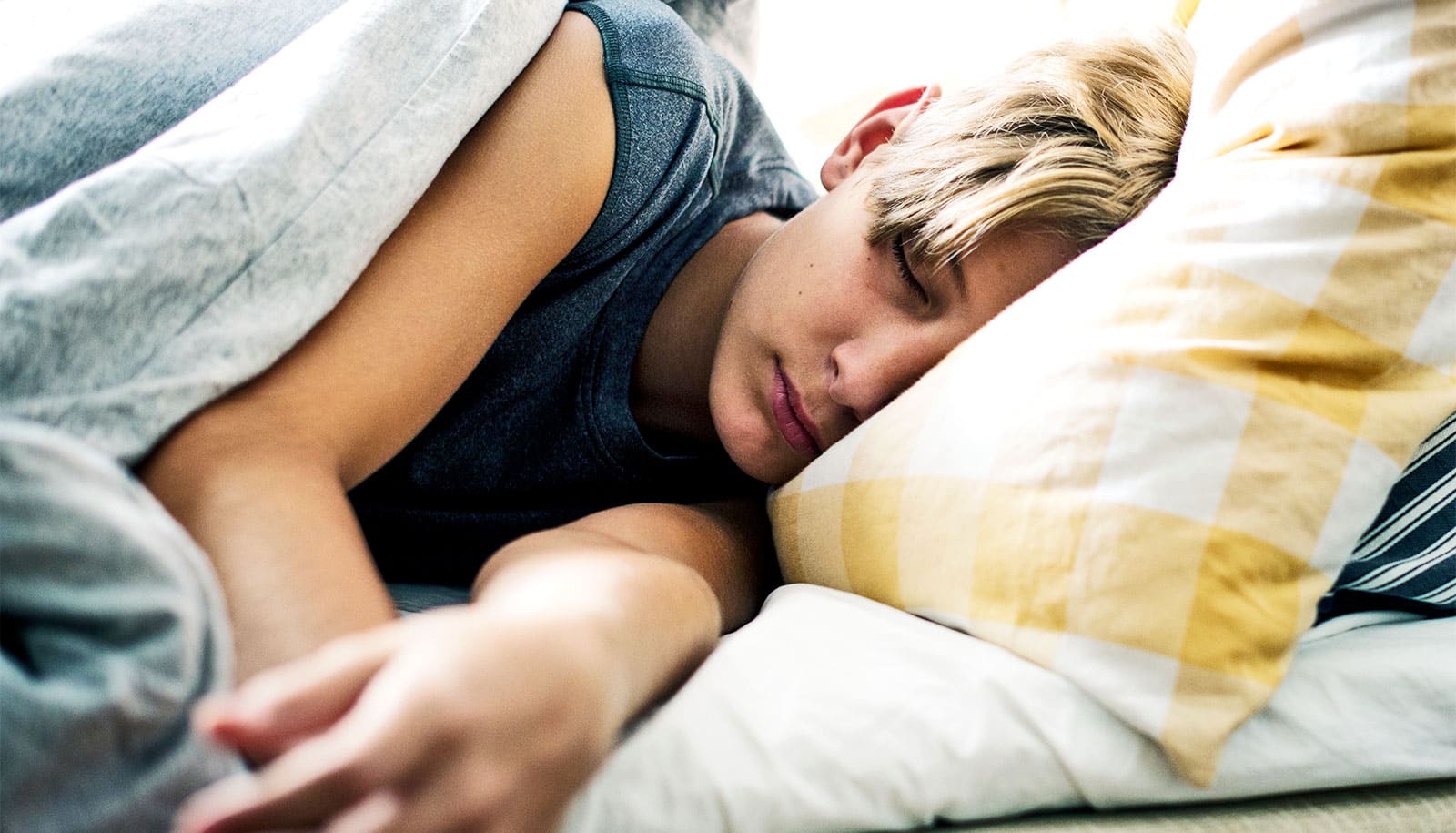Older adults who have a purpose in life are more likely to have fewer sleep disturbances such as sleep apnea and restless leg syndrome—and sleep better over a long period of time.
“Helping people cultivate a purpose in life could be an effective drug-free strategy to improve sleep quality, particularly for a population that is facing more insomnia,” says Jason Ong, associate professor of neurology at Northwestern University Feinberg School of Medicine. “Purpose in life is something that can be cultivated and enhanced through mindfulness therapies.”
As they age, people have more sleep disturbances and insomnia. Doctors prefer to use non-drug interventions to improve patients’ sleep, a practice that the the American College of Physicians now recommends as a first line treatment for insomnia, Ong says.
Published in Sleep Science and Practice, the study included 823 participants—individuals without dementia, 60 to 100 years old with an average age of 79. More than half were African American and 77 percent were female.
People who felt their lives had meaning were 63 percent less likely to have sleep apnea and 52 percent less likely to have restless leg syndrome. They also had moderately better sleep quality, a global measure of sleep disturbance.
Sleep instead of eating your feelings after work
Participants answered a 10-question survey on purpose in life and a 32-question survey on sleep. For the purpose in life survey, they were asked to rate their response to such statements as, “I feel good when I think of what I’ve done in the past and what I hope to do in the future.”
Poor sleep quality is related to having trouble falling asleep, staying asleep, and feeling sleepy during the day. Sleep apnea is a common disorder that increases with age in which a person has shallow breathing or pauses in breathing during sleep several times per hour. This disruption often makes a person feel unrefreshed upon waking up and excessively sleepy during the day.
Restless leg syndrome causes uncomfortable sensations in the legs and an irresistible urge to move them. Symptoms commonly occur in the late afternoon or evening hours and are often most severe at night when a person is resting, such as sitting or lying in bed.
While the study was done with older adults, researchers say the findings are likely applicable to the broader public.
The next step in the research should be to study the use of mindfulness-based therapies to target purpose in life and resulting sleep quality, says first author Arlener Turner, a former postdoctoral fellow in neurology at Feinberg.
The National Institute on Aging of the National Institutes of Health and the Illinois public health department supported the work.
Source: Northwestern University



